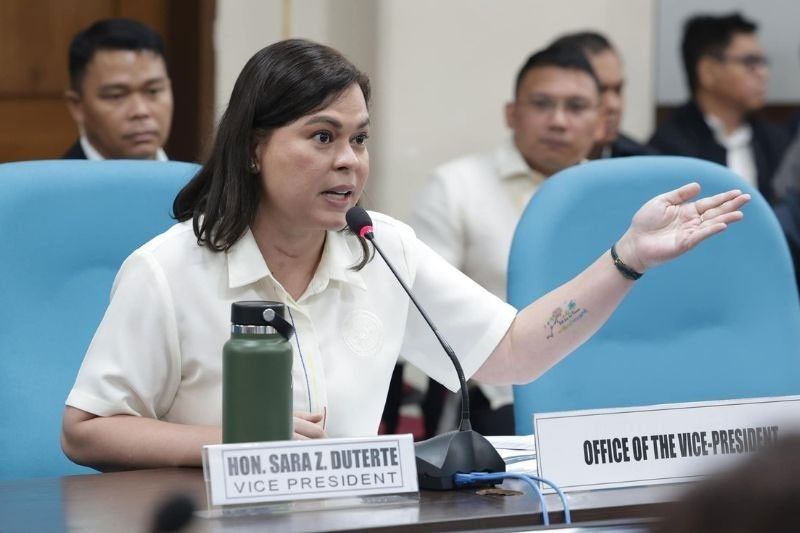
Upgrade to High-Speed Internet for only ₱1499/month!
Enjoy up to 100 Mbps fiber broadband, perfect for browsing, streaming, and gaming.
Visit Suniway.ph to learn
Jose Rodel Clapano - The Philippine Star
May 3, 2025 | 12:00am
MANILA, Philippines — Akbayan party-list yesterday urged the government to hire emergency literacy tutors, in response to a recent study from the Philippine Statistics Authority (PSA) showing millions of the country’s students were functionally illiterate.
The PSA’s 2024 Functional Literacy, Education and Mass Media Survey showed 18.9 million of the country’s secondary education graduates were “functional illiterate” and 5.8 million of Filipinos were “basic illiterate.”
Akbayan party-list Rep. Perci Cendaña urged the government to employ some of the thousands of the country’s new college graduates as emergency literacy tutors to be deployed in areas with persistent problems of basic illiteracy and functional illiteracy.
“This hits two birds with one stone. We’re able to tackle the problem of illiteracy and at the same time provide short-term employment for our graduates,” Cendaña said.
In an interview with “Storycon” on One News, Philippine Business for Education executive director Hanibal Camua agreed with the proposal to deploy an “army of tutors and para-teachers,” describing it as a “low-hanging fruit” that the government can use to address the problem.
“If we are to mobilize the para-teachers or tutors, it’s the local governments that are in the best (position) to mobilize these as soon as possible. The local governments are our foot soldiers on the ground,” he said.
While policy directions should come from the national government, particularly the Department of Education, Camua said we should also look at “systemic reforms that go beyond the terms of our elected officials.”
“I think there should be a targeted response… We need to empower our local governments to solve the literacy concerns or problems in their localities,” he said.
Akbayan party-list first nominee Chel Diokno said there is a need to allocate six percent of the gross domestic product of the country to education and address the lack of investment in conflict-affected areas of the country. — Janvic Mateo, Marc Jayson Cayabyab

 1 month ago
10
1 month ago
10



